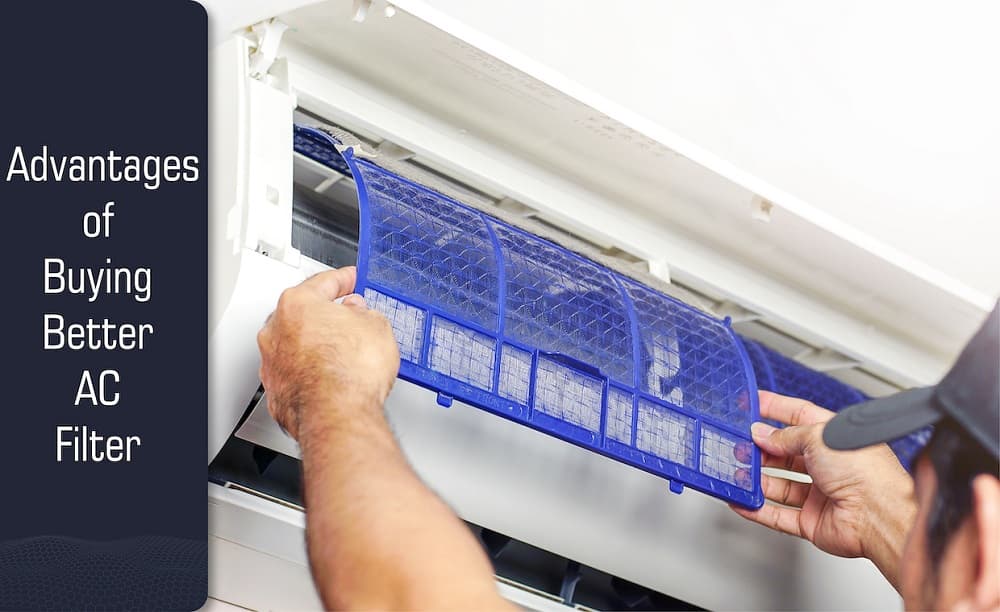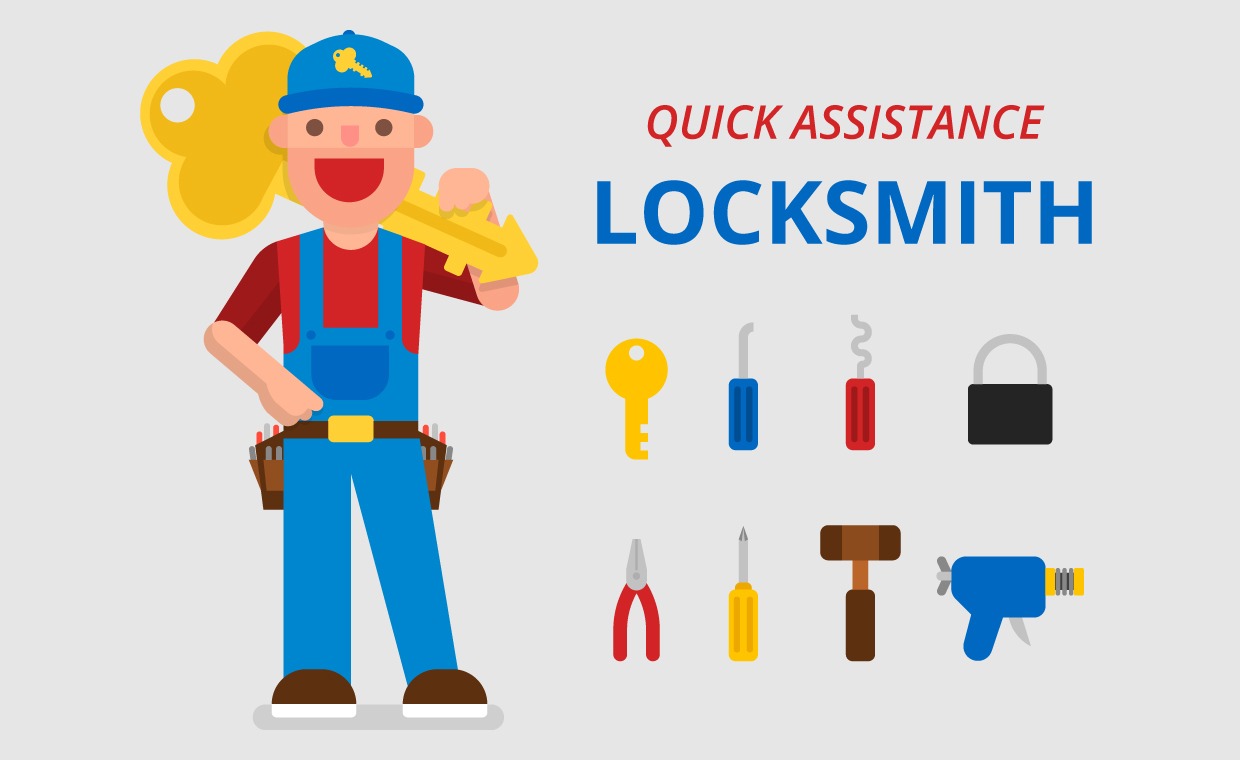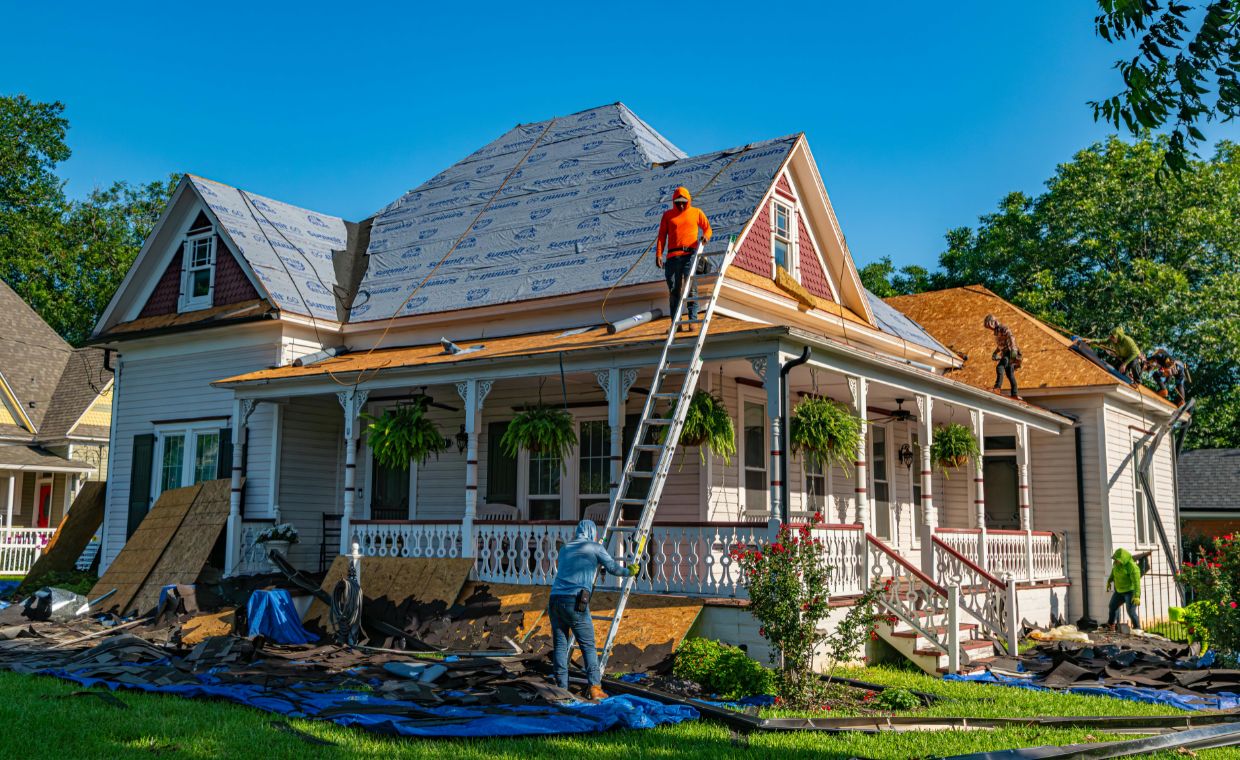
An air filtration system of your home ensures that the air in your room is free of harmful bacterias and viruses that can affect your health. It also makes your home clean and increase the efficiency of your AC system.
Filters for HVAC systems play a vital role in their overall performance. They need regular inspection and replacement to ensure they are in working condition. If you are thinking about replacing the air filter, consider installing a high-quality one.
Advantages of Good Quality AC Filter
Let’s talk about the advantages of buying a better AC filter.
01. More Surface Area to Filter Contaminants

A key benefit of buying a high-quality filter is that, unlike regular flat air filters, it will have more pleats or folds. Pleated filters have more surface area to filter contaminants than non-pleated filters.
The misconception that pleated filters restrict airflow and cause the HVAC system to work harder discourages some people from purchasing these filters. However, the extra surface area makes the AC more effective. In addition, it prevents contaminants from penetrating through and reaching components of the HVAC unit, such as the blower motor or heating coil. This puts less strain on the components and makes the air conditioning unit more energy efficient.
Pleated filters are generally considered more efficient with a typical MERV rating of at least 8; however, that efficiency rating can go higher if the filter is made of carbon material.
02. Effective at Removing Finer Contaminants

Some high-quality filters have electrostatic properties, making them more effective in trapping a wide range of pollutants. These filters provide a high level of filtration as their width ranges between one to six inches, which is ideal for trapping airborne particles and other contaminants. For example, high-quality filters such as HEPA or High-Efficiency Particulate Air filters can trap pollutants as small as 0.3 microns. This includes different types of bacteria and viruses.
High-end air filters can trap contaminants like mold, pollen, pet dander, and dust mites. Pharmaceuticals, clinical areas, restaurants, and many other commercial settings commonly use high-quality air filters due to their effectiveness in removing finer contaminants.
03. Longer Life Span

Conventional fiberglass AC air filters typically have to be replaced every 30 days. On the other hand a high-quality air filter – such as a carbon pleated filter – can last for three to four months. One reason such high-end air filters have a longer service life than others is the larger surface area that effectively filters out more pollutants.
Other factors can affect the lifespan of the air filter. If you have pets or people with respiratory allergies in your home, you may have to replace your air filter more frequently. Similarly, air conditioners in highly polluted areas may need regular air filter replacement.
04. Use MERV Rating to Help Choose Air Filter
A key factor to consider when choosing an air filter is the Minimum Efficiency Reporting Value( MERV) rating. Most air filters have a MERV rating of 1 to 13, but some have a higher rating.
Typically, the higher the MERV rating of an air filter, the more effective it is in trapping contaminants. But it’s crucial to understand that if a MERV rating is too high, the HVAC system has to work harder to maintain the required airflow.
This may not be ideal in a residential setting. If you choose a MERV rating that does not suit your HVAC system, you may have to change the filter more frequently as it can clog up faster than lower MERV-rated air filters. Air filters with MERV ratings 9-12 can trap around 80-85% of particulates, making them an ideal choice for homes.
Hope this article will help for you to buy better AC filter system.
Image Courtesy: Image 2






























